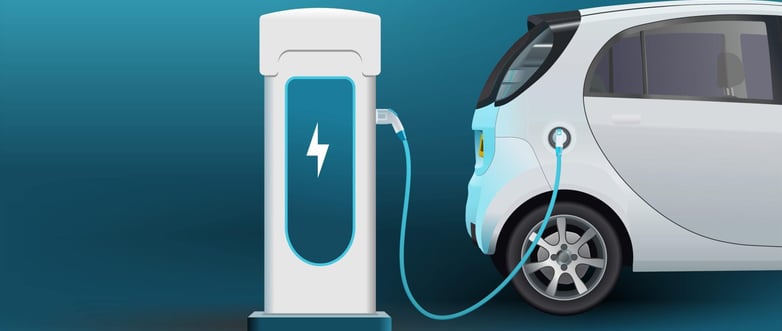Electric Vehicle: Benefits, Issues and Competition
3/18/20242 min read


Electric Vehicle Industry: Benefits, Issues and Competition
The electric vehicle industry has experienced significant growth in recent years. Advances in battery technology and environmental concerns have driven demand for electric vehicles around the world. In this article, we will look at the advantages and problems associated with electric vehicles, as well as the competition they face from hybrid and hydrogen vehicles.
Advantages
One of the main advantages of electric vehicles is their reduced environmental impact. Unlike internal combustion vehicles, electric vehicles do not emit harmful exhaust gases. This means that they contribute to improved air quality and help reduce air pollution. In addition, electric vehicles are more energy efficient, which makes them more sustainable in the long term.
Another advantage of electric vehicles is their low operating cost. Although the initial purchase price of an electric vehicle may be higher than that of an internal combustion vehicle, maintenance and charging costs are considerably lower. Electric vehicle owners can save money on fuel and repairs, which in the long run can make electric vehicles more economical.
Problems
Despite the advantages, electric vehicles also face some challenges. One of the most common problems is limited battery range. Although battery technology has improved significantly, electric vehicles still have a more limited range compared to internal combustion vehicles. This can be a drawback for those who need to travel long distances without access to a charging station.
Another problem is the lack of charging infrastructure. Although the network of charging stations is growing rapidly, it is not yet as extensive as the network of fueling stations. This can make it difficult to charge electric vehicles in remote areas or in places where charging infrastructure is scarce.
Competition from hybrid and hydrogen vehicles
While electric vehicles are increasingly popular, they also face competition from hybrid and hydrogen vehicles. Hybrid vehicles combine an internal combustion engine with an electric motor, which allows them to have a longer range compared to pure electric vehicles. Hydrogen vehicles, on the other hand, use fuel cells to generate electricity from hydrogen, giving them even greater range.
While hybrid and hydrogen vehicles have their own advantages, such as increased range, they also face challenges. Hybrid vehicles still rely to some extent on fossil fuels, which limits their reduced environmental impact. On the other hand, hydrogen vehicles face challenges in terms of charging infrastructure and large-scale hydrogen production.
In conclusion, the electric vehicle industry has experienced significant growth due to its environmental and economic advantages. However, it also faces challenges in terms of battery range and lack of charging infrastructure. In addition, electric vehicles compete with hybrid and hydrogen vehicles, which offer greater range but also face their own challenges. As technology advances and these issues are resolved, we are likely to see increased adoption of electric vehicles and greater competition in the industry.
Contact
adriandiago_97@hotmail.com
